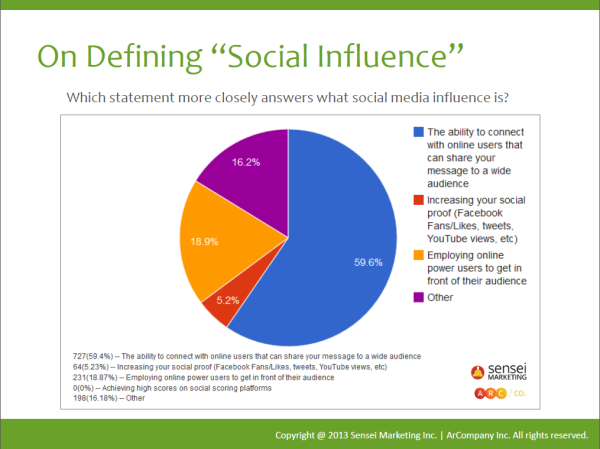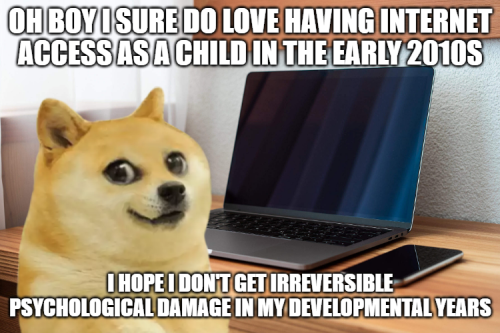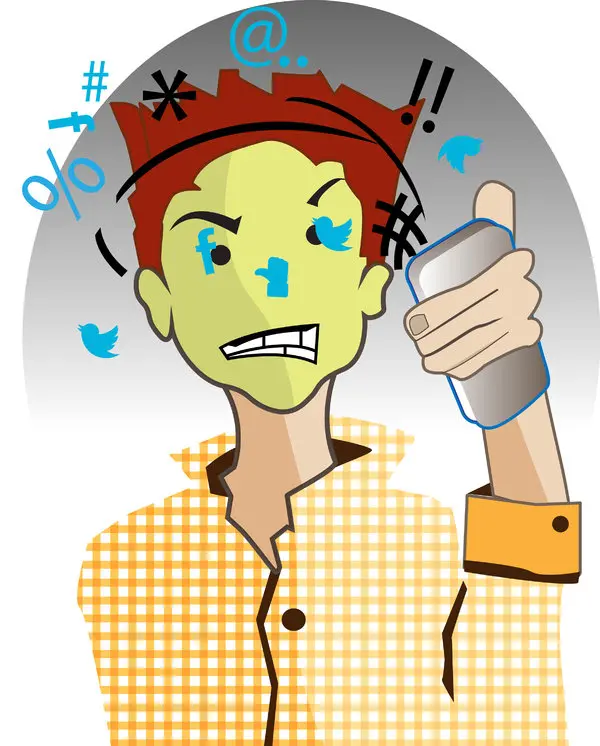When you hear the word “social media”, what comes to mind? Some people may think of media that allows them to meet and communicate with people around the world. Others think of social media as a channel that gives them the opportunity to send and receive a lot of information. Others see social media as a way for us to get many updates from those we follow, and perhaps some see social media as part of a new marketing strategy. Like the video we watched in class on the growth of social media usage, social media has become so much a part of our lives that at this point we can’t even imagine a world without different social media channels. We all know how important social media is to small, medium, and large businesses, so I’m going to focus here on the individual and how social media affects our lives. As with everything, there are good and bad aspects to social media, so it can have both positive and negative effects on us. Let’s start with the positives.

Social media has provided us with many great opportunities. WeChat, Shake, Weibo, Instagram, Facebook, and other platforms have given us the opportunity to showcase ourselves, our skills, and our areas of competence. In short, it is now easier to brand ourselves and promote what we do. If this opportunity is used well, we have more opportunities to be seen by future employers and promote what we create (e.g. art, writing, photography, music, etc.). This opportunity has given us many influencers who are not big-name celebrities and many artists who have become famous in their field after creating accounts for their work. Everyone in the class talked about how they use social media. Me, in addition to browsing and interacting with people, I also upload some photos of myself and my artwork from time to time. Social media has made communication easier to reach. This may sound confusing, as social media is often blamed for disrupting honest, natural communication. However, with the help of social media, communication has become much easier. People can reach people, brands, and businesses directly in ways that were not possible in the past. The messenger or DM brings us closer to every kind of person and we can express our ideas very quickly and in a very simple way. It can be a political figure, a celebrity, a company, or anything you can think of. If he/she has an account on social media, you can contact them directly or leave a comment. A few years ago this would have been unthinkable.

It’s also true that social media has a negative impact that cannot be ignored. It’s easy to voice your opinion on social media – everyone does it. It’s even easier to do it if you’re behind a nickname and there are a lot of those people. With or without it, social media has become a site of social justice. A person can be judged by other social media users for their inappropriate behavior. Sometimes this social media activity can be good and have positive results, and sometimes people who have done nothing wrong can become victims. It is also often accompanied by bullying. It is also easy to use these things against someone, considering how much easier it is to access someone’s personal items (such as photos or private information). In short, social media is sometimes a powerful opportunity, but sometimes a powerful weapon, and it always depends on how we use it. Social media can be damaging to someone’s personal or professional life, reputation, or even health. This is one of the most negative and serious problems associated with social media. It is more common among young girls who often compare themselves to others. They often judge themselves based on the number of followers and the number of likes on their photos. Some surveys say that most young people who don’t get “enough” likes on their photos find their day ruined and even delete them. They measure their low self-esteem based on these metrics, which has a negative impact on their mental health.


Do you think social media has had more of a positive or negative impact on youth?























